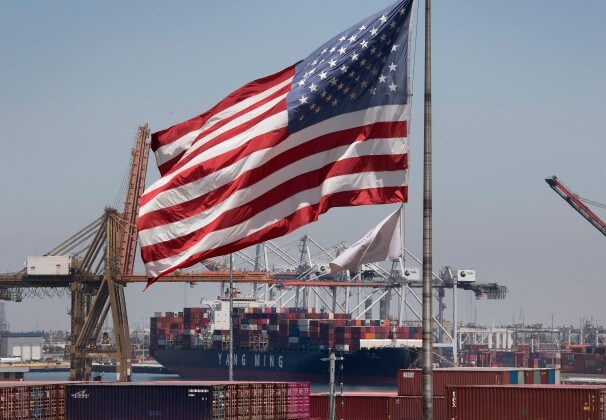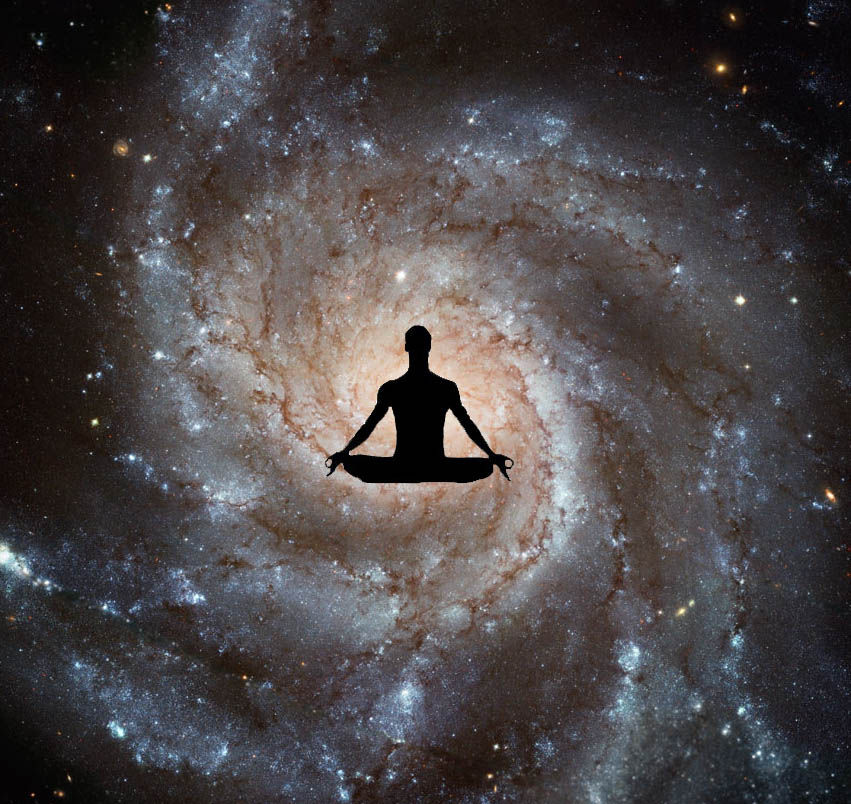The man-made ecological crisis includes climate change, oceanic pollution and depletion, and the “Sixth Extinction” of animals and plants, among other devastations. This crisis defines our age, and threatens to define us as a species, at least for the foreseeable future.
The reason that an adequate response to man’s ecological crisis is so vexing is that it requires a radical change in human consciousness itself. One has to look no further than today’s headline in the Washington Post to understand why the catchall of climate change is beyond our reach. We’re still looking and operating outwardly, when the solution is looking and changing within.

“American Consumers Are Holding Up the Global Economy,” the headline reads. Driving the point home, the first paragraph reads: “American consumers are increasingly propping up the global economy, an enduring source of strength that is helping keep the United States out of recession and drawing a sharp contrast with the rest of the world.”
Notice the hint of pride, the absence of self-awareness, and the presence of contradiction in WAPO’s headline and introduction. The implicit assumption is that consumerism is good, and that Americans should be proud to have such a strong economy based on it. There is no hint of the truth– that consumerism is killing the planet.
Of course even economically, there’s a dark side: “American households have again taken on large debt loads to fuel consumption, with consumer debt hitting $13.9 trillion in the spring, more than a trillion dollars above the prior peak, reached just before the 2008 financial crisis.”
Conclusion? Widespread reductions in consumer spending (it is 70% of the US economy, with about 70% on non-essentials) will have three benefits: getting rid of this president; saving the Earth; and providing a “soft landing” when the economic bubble inevitably bursts.
The economy is small ball compared to the increasingly dire ecological crisis. And the unprecedented ecological challenge is inextricably linked to the spiritual and emotional crisis in numbed out America.
The thread of life has been broken in the vast majority of Americans, irrespective of where they fall on the political spectrum. As a people, we are lost. The question is, has the disease of consumerism spread too far, or is there a chance for our age?
Just after taking my seat at a secluded spot next to the ‘beach’ in Lower Park, a hummingbird appeared and hovered to my left. When I slowly looked up, it moved directly in front of me, staring me in the eye with one its tiny eyes.
It hovered for 15-20 seconds, and then landed on a twig over my head. There was no species barrier, just the feeling of shared curiosity and affection. It was an auspicious start to difficult meditation.

The noise of thought fell quiet after three-quarters of an hour of passive, intense observation. A feeling of reverence for life arose within. At the end of the meditation, I saw that beauty is not confined to planets and moons with life, but is intrinsic to the universe.
There was a more tentative insight—that the universe is a spiritual stage, on which brains like ours evolve to consciously perceive and be in communion with the beauty of the universe.
If both of these premises are true however, they raise difficult and disturbing questions. Given that we evolved along with all other matter and life, why have humans become so destructive of the Earth and ugly as sentient beings?
That is, if the universe is beauty, and life is the most precious expression of beauty in the cosmos, why isn’t beauty our natural condition?
Martin LeFevre

